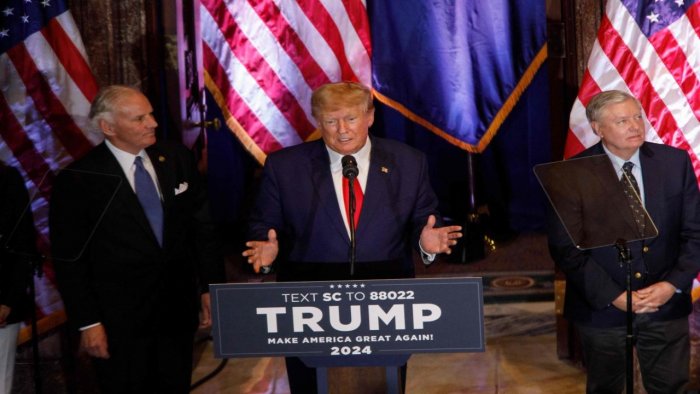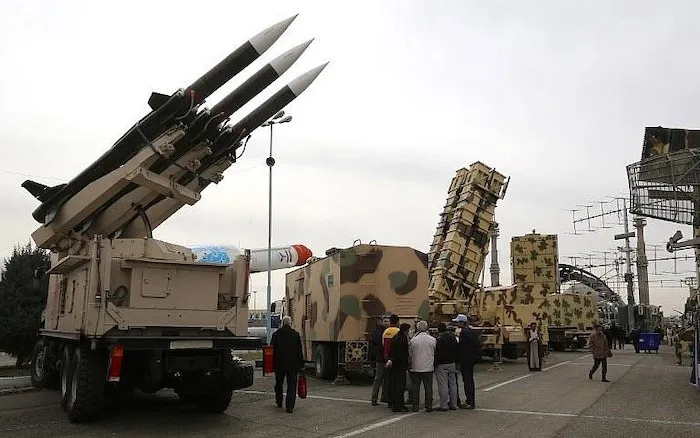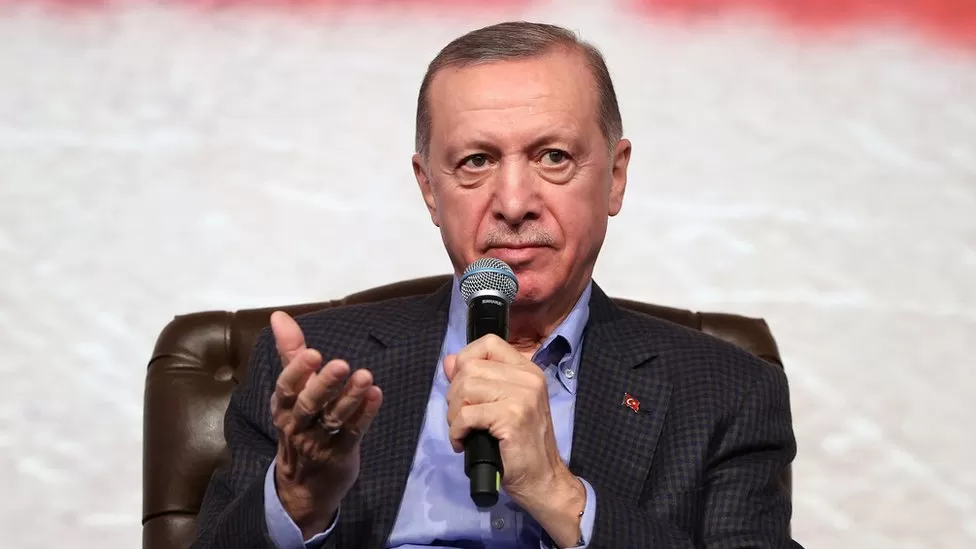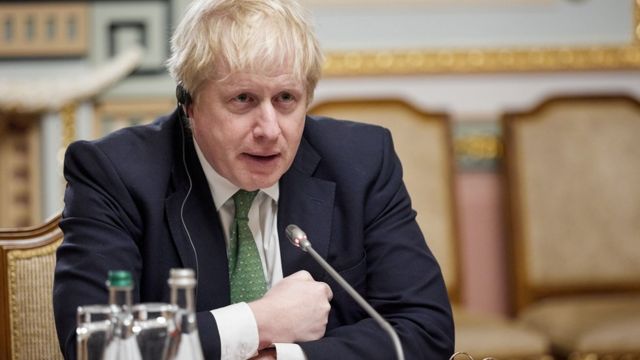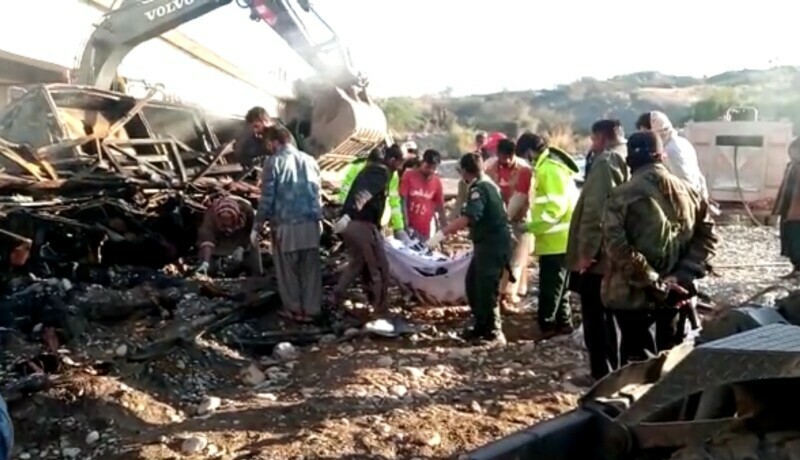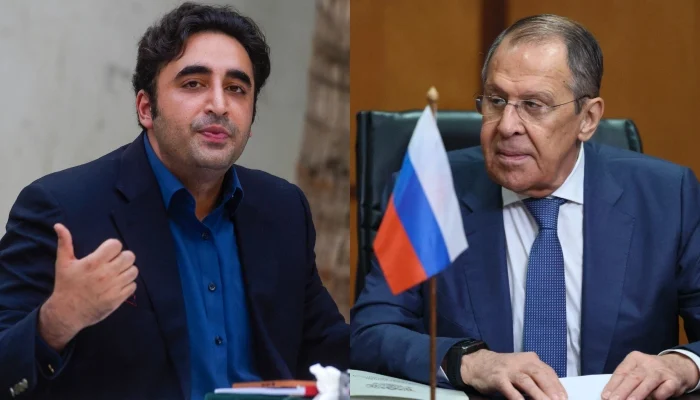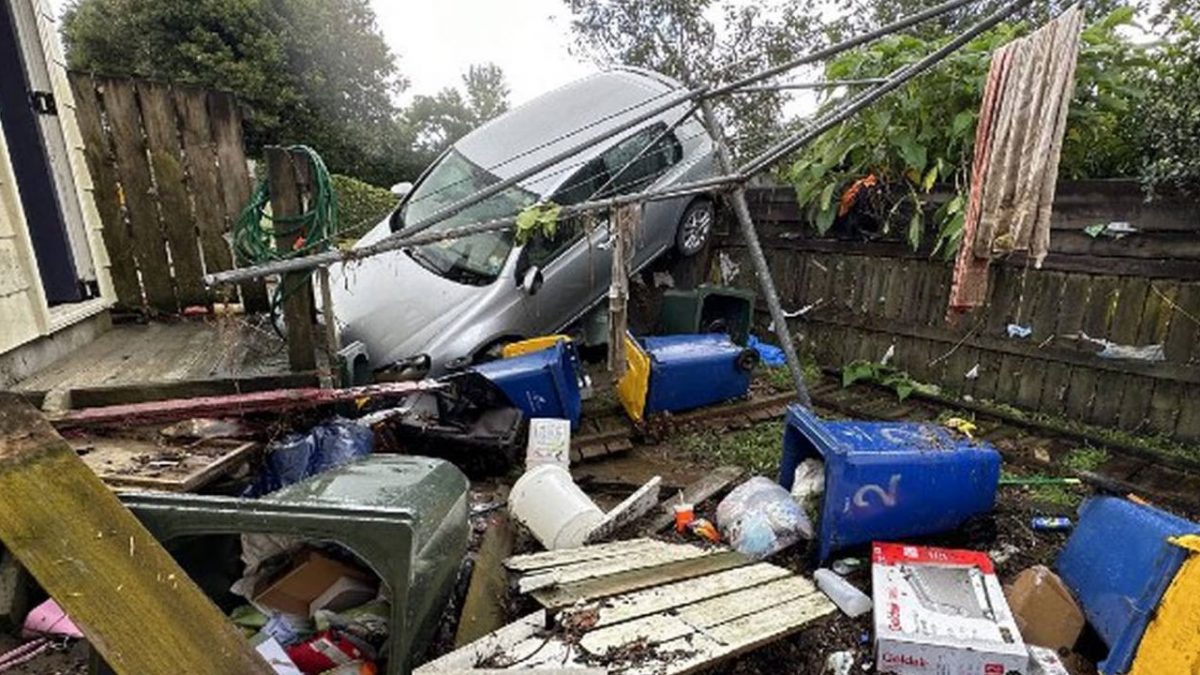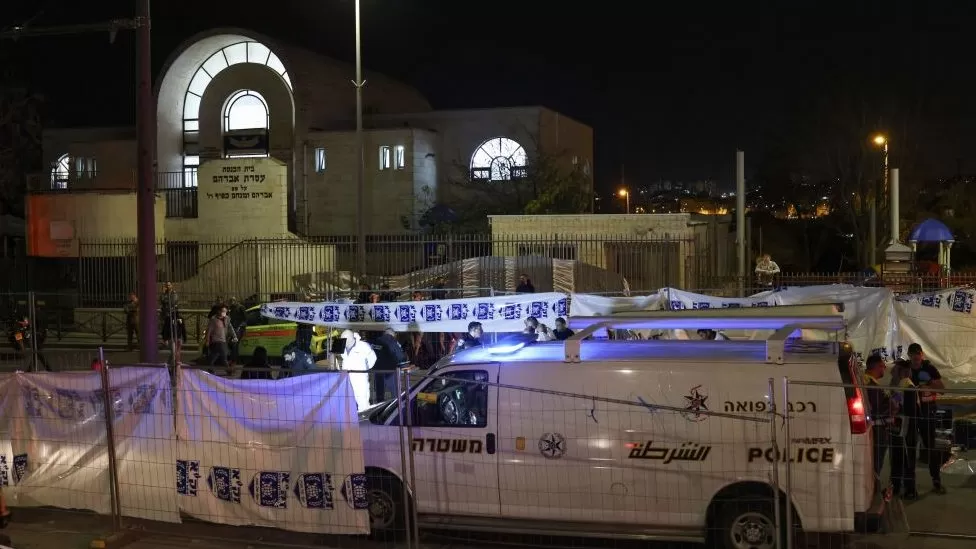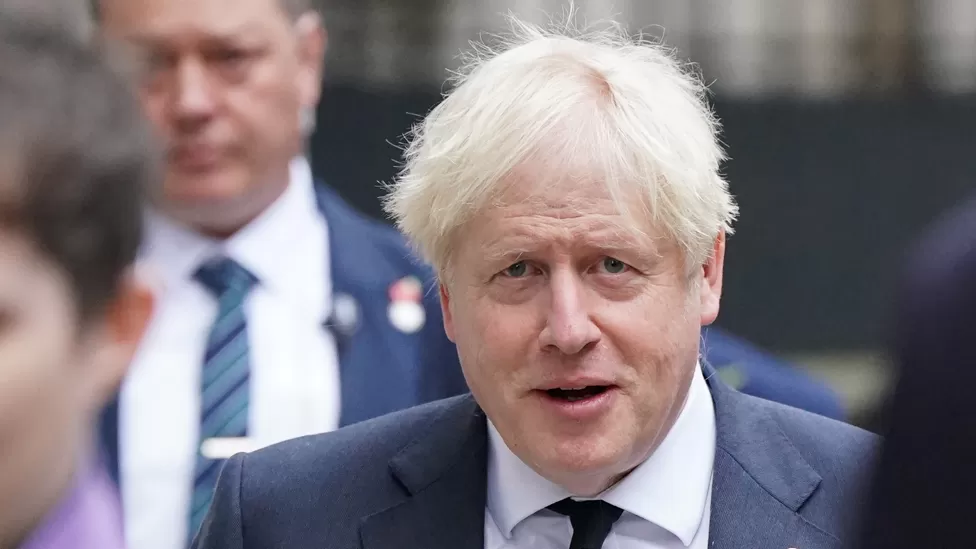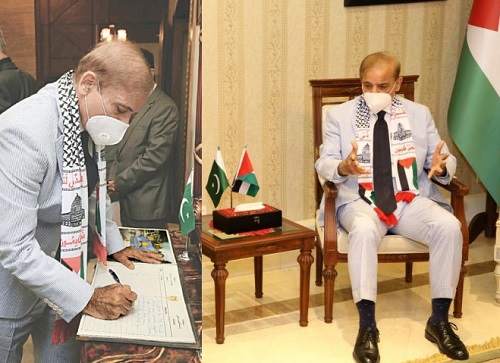Buffeted by political and legal headwinds, the 76-year-old Republican addressed a few hundred supporters at an intimate rally in South Carolina’s capital Columbia after speaking to grassroots activists in Salem, New Hampshire.
“The 2024 election is our one shot to save our country and we need a leader who’s ready to do that on day one,” Mr Trump said from a podium beneath the Statehouse rotunda, flanked by American flags and some of his most loyal political allies.
The events were seen as a chance to revitalise a stuttering campaign amid criticism over Mr Trump’s failure to make any public appearances since he announced his latest run in November. But there was no discernible shift in his messaging as he launched into his debunked claims of a stolen 2020 election and reprised his litany of disparaging nicknames for his political rivals.
He touched on favourite culture war talking points, railing against critical race theory that he said was being taught in the military as well as gender ideology and windmills that he said were mainly Chinese-made bird-killers.
“There’s only one president who has ever challenged the entire establishment in Washington, and with your vote next year, we will do it again,” he said seeking to revive his 2016 image as an insurgent outsider.
His most divisive remarks were reserved for the conservative critics he refers to as “RINOs” – Republicans in name only – whom he criticised at both events, arguing in New Hampshire that they were “even more dangerous than Democrats.” During his address to party activists in Salem he had touted his record on law and order, immigration and “rebuilding” the US military as he vowed to save the country from “being destroyed by a selfish, radical, corrupt political establishment.” “I’m more angry now and more committed now than I ever was,” Mr Trump said.
“We need a president who’s ready to hit the ground running on day one.”
New Hampshire and South Carolina hold outsize influence as two of the first states in every presidential election year to hold nominating contests.
They cemented Mr Trump’s frontrunner status in 2016 after a lukewarm start in Iowa.


